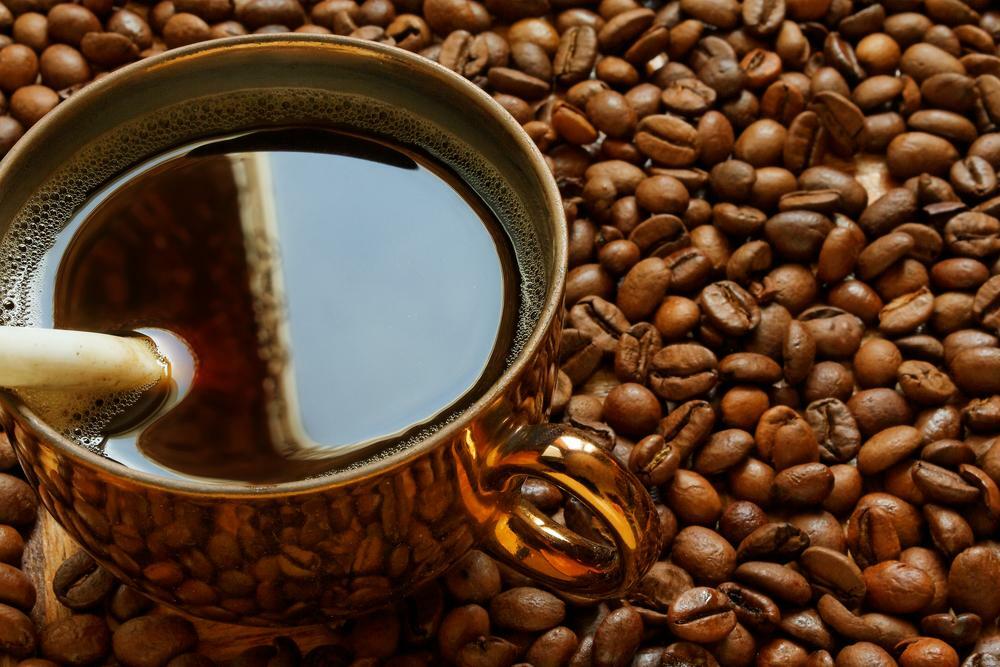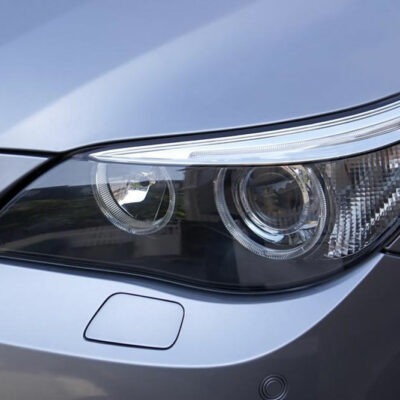
Foods to Avoid for Osteoporosis
Osteoporosis is a medical condition in which the bones become fragile due to loss of calcium or Vitamin D. It occurs when the density and quality of bones are reduced, increasing the risk of fracture. Osteoporosis occurs silently and progressively, often without symptoms until the first fracture occurs. One in three women and one in five men above 50 years-old are at risk of osteoporosis.
The most common osteoporosis-related fractures occur at the hip, spine, and wrist. The symptoms of osteoporosis include a stooped posture, loss of height over time, back pain, and bones that break much easier than expected. Heath experts believe diet can contribute to increased risk of osteoporosis. Here are the foods and nutrients to avoid in order to help prevent osteoporosis:
1. High salt-foods
Excess consumption of high-salt foods can cause your body to release calcium and harm your bones. Salt is known to cause excessive calcium excretion through kidneys leading to osteoporosis. Hence, moderate salt intake by avoiding foods rich in high-salt such as processed meals and canned foods. A good bone-friendly diet is one that is low in salt. You can determine if a food is high in sodium by looking at the nutritional facts label.
2. Alcohol
Chronic and heavy alcohol consumption can lead to low bone mass, decreased bone formation, increased incidence of fractures, and delayed bone formation. While a moderate amount of alcohol is safe for anyone with osteoporosis, too much alcohol is a risk for osteoporosis. For optimal bone health, you need to consume alcohol in moderation. Hence, stick to the recommended limit of about three standard drinks per day for men and women. A standard alcohol drink is equivalent to 220ml of regular beer, I00 ml of wine, and 30 ml of spirit.
3. Beans
Excess consumption of beans or legumes can affect the ability of your body to absorb calcium. While legumes contain calcium as one of the nutrients, they are also high in substances known as phytates that can interfere with the body’s ability to absorb calcium contained in beans. Hence, avoid excess consumption of beans when you have osteoporosis.
4. Caffeine
Consuming excess caffeine can reduce calcium absorption and lead to osteoporosis. Caffeine consumption can contribute to low-bone density by leaching calcium from the bones. It can have greater effects on bone health for postmenopausal women. Hence, avoid consuming excess drinks such as coffee, tea, sodas, and energy drinks as they contain varying amounts of caffeine. For example, drinking more than three cups of coffee a day can increase bone loss by causing calcium excretion and reduced calcium absorption.
5. Excess vitamin A
There is a link between too much Vitamin A and osteoporosis. Consuming too much Vitamin A nutrient can lead to adverse effects on bone health. Individuals at risk of osteoporosis are advised to limit their retinol intake a day by eating less liver and avoiding retinol supplements. Hence, avoid foods rich in Vitamin A, such as regularly eating liver or taking retinol supplements.


